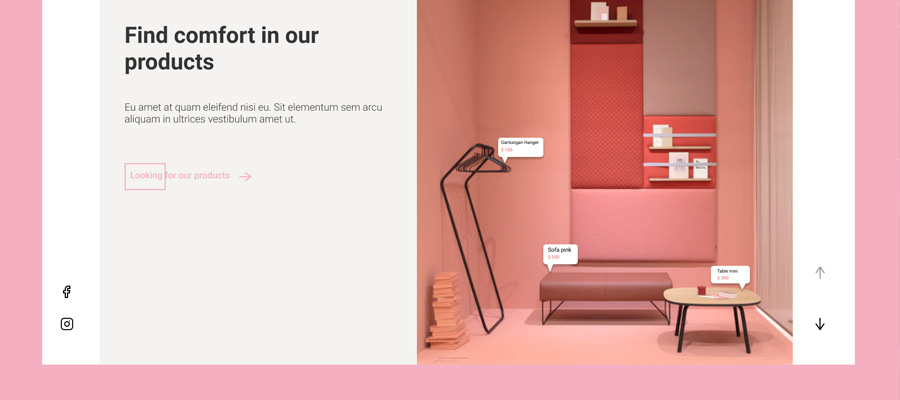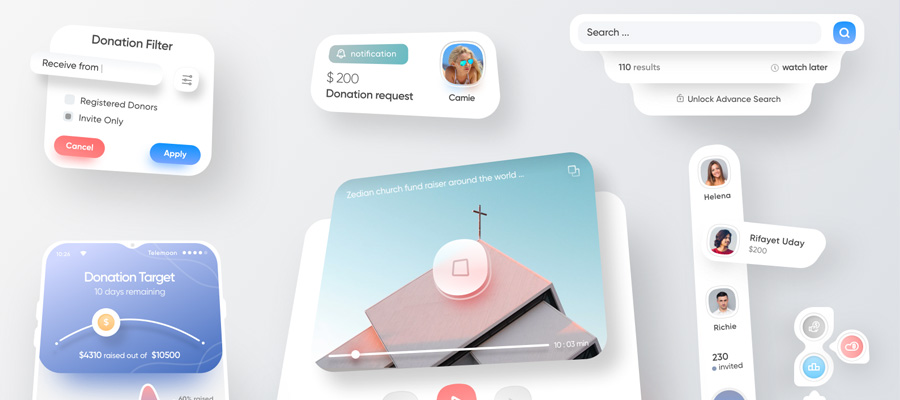The structure of a URL can sometimes get overlooked. Your URL is one of the first things people and search engines see. The structure of your URL can make a big difference for SEO, so your rankings could be suffering if you aren’t paying attention. If you’re looking to improve your URL structure, you might also consider SEO consulting to help.

Work Procces by Masud Rana
Here are a few tips to help you get the most out of your URL.
Remove extra wording
To help keep your URL as simple as possible, cut out any unnecessary wording. In a URL, including words like “and” and “the” aren’t necessary for people to understand it. Both people and search engines will understand your URL without the extra wording. Shorter URLs are better additionally because they’re easier to be shared than a long one.
Use Keywords
Keywords help your site get found in the first place, so it should only feel natural to want to put it in the URL. Including keywords in the URL will let users and search engines quickly know what the page is about. While it is important to include keywords in your URL, you also want to avoid using them too many times. Repetitive keywords won’t add anything extra to help you and will only look overwhelming.
Utilize hyphens
Not separating words in a URL can make it harder for people to read and for search engines to know where the breaks between words are. The best way to separate words in a URL is by using hyphens, not underscores or spaces. Hyphens in a URL make it easier to read for humans and search engines. Underscores aren’t recommended if you’re able to avoid them, but using a space in your URL will translate into %20 and ruin the flow and readability.
Create a structure for the future
It’s important to think ahead when creating a good URL. Having a set structure now will help you be able to easily create new URLs that are cohesive going into the future. Communicating with different teams so that everyone is on the same page about how URLs will be structured will help keep them more organized. Agreeing on a standard structure now will also prevent you from having to make changes on existing URLs in the future. Changing your URL can hurt rankings, so it’s best for you to avoid it.
Match URLs to titles
Including the title in your URL is usually the best option. Having the title in the URL can improve user experience by making what the article is about clear. Using your title is also the best option for the URL aesthetically. If you aren’t able to include the title exactly, a variation can still be effective.
Canonicalize when necessary
If you have more than one version of what is almost the same page, you should consider canonicalizing them. Selecting a canonical URL tells Google which one is your preferred version. Having duplicate content could end up hurting your SEO because the rankings will be split between similar pages.





















